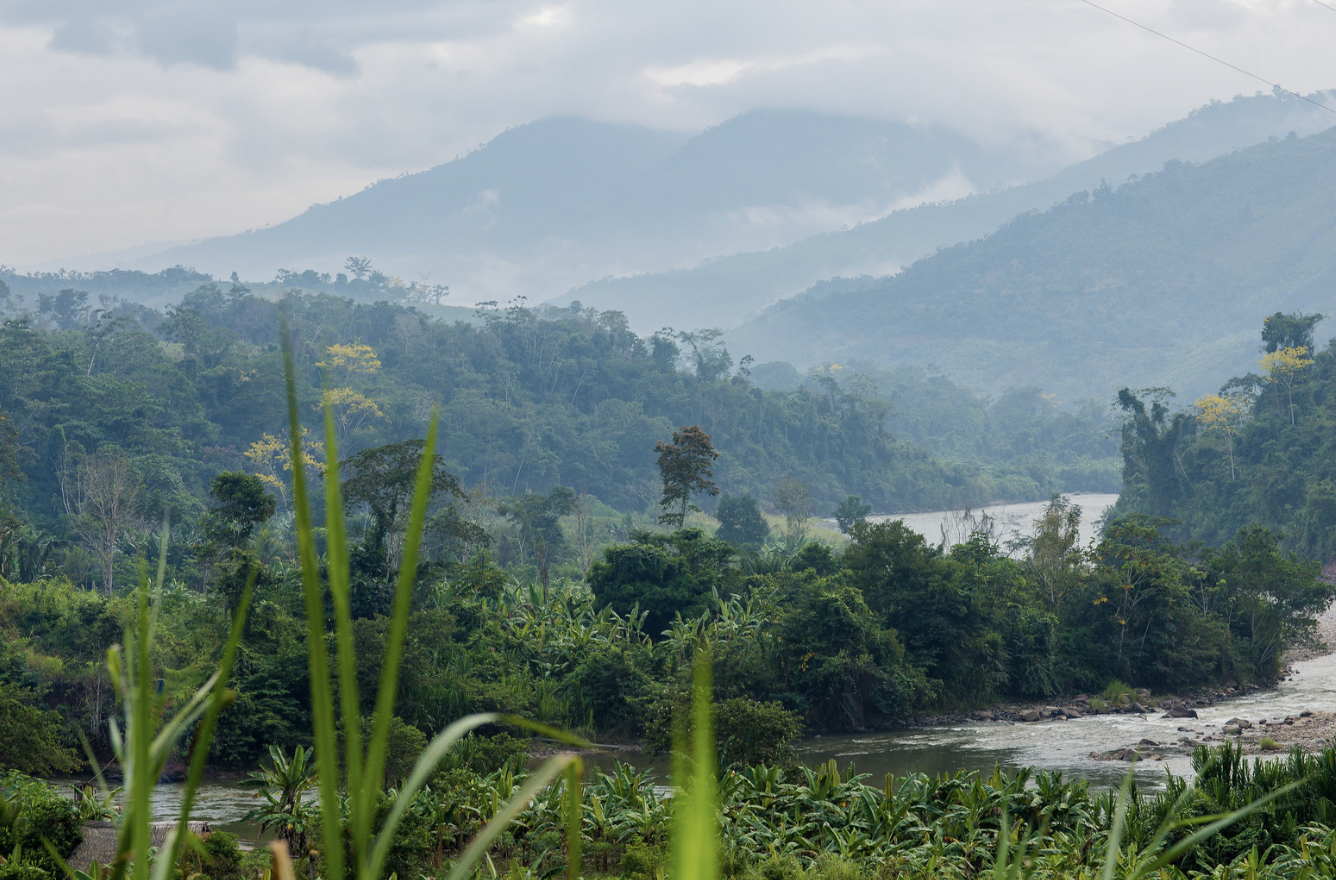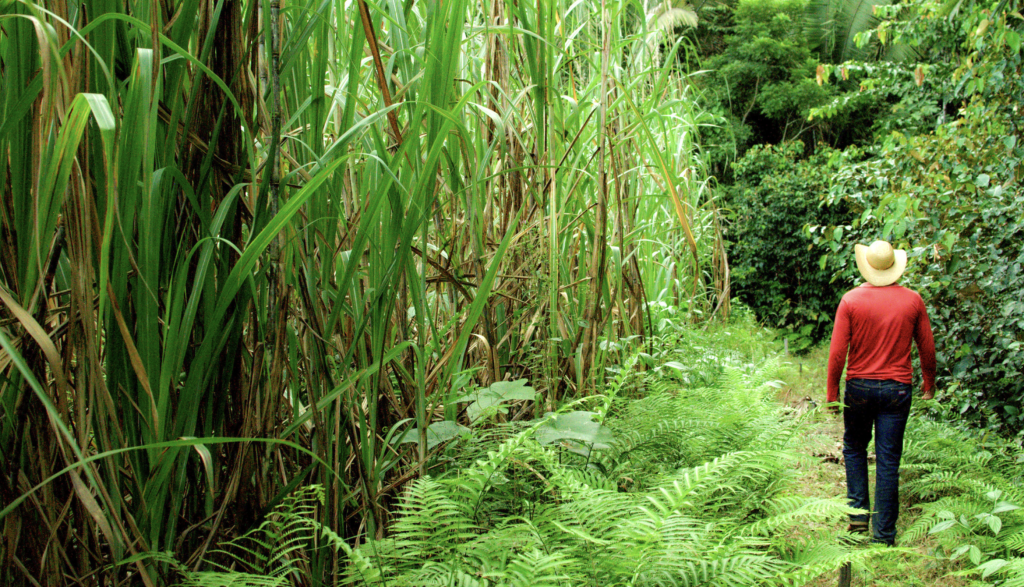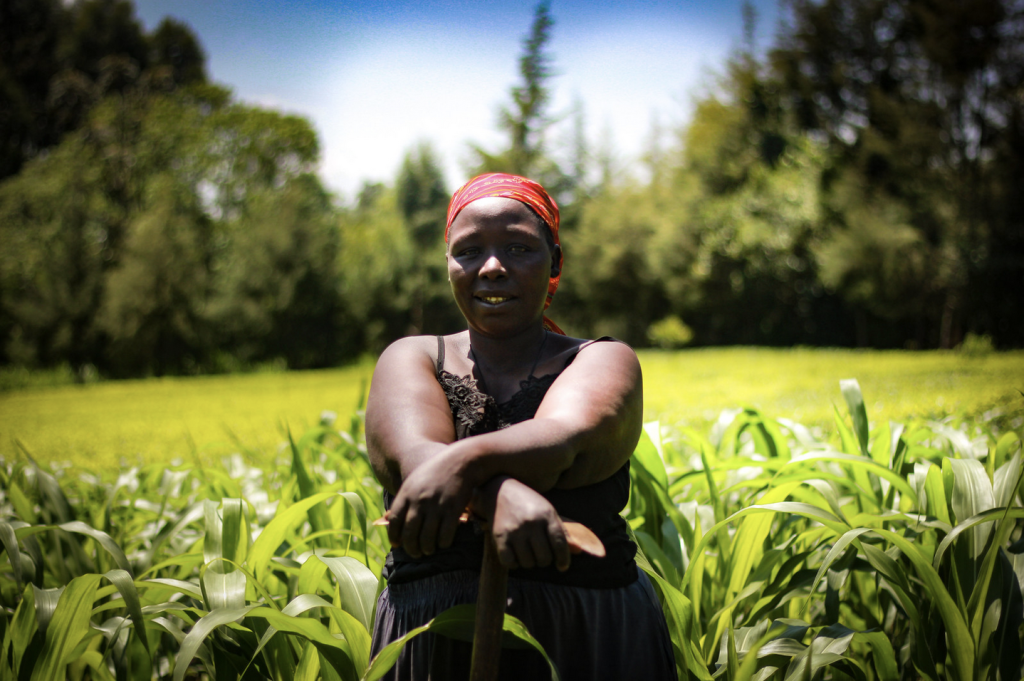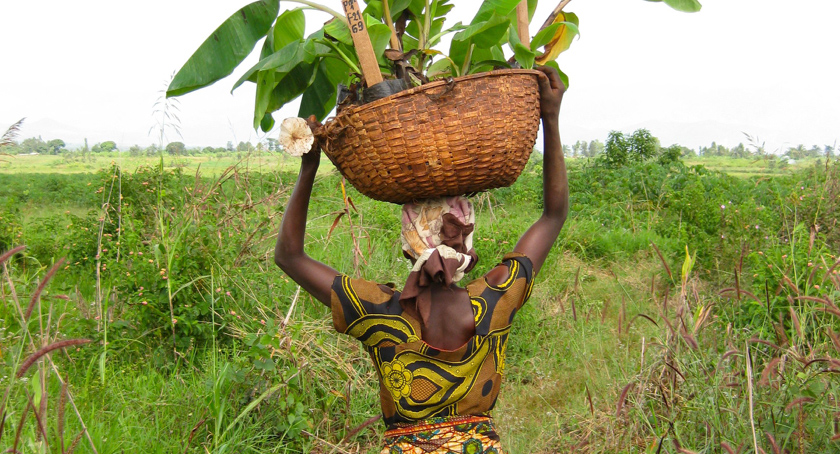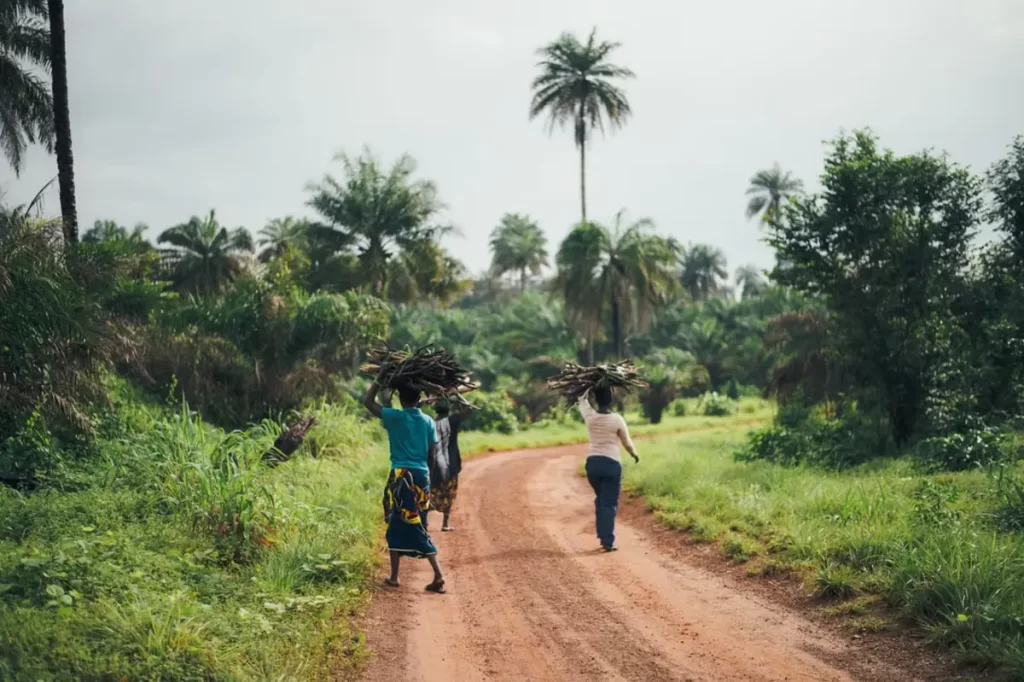Peru’s Agroforestry Concessions Scheme: Enabling Multi-level Implementation of an Innovative, Transformative Policy (AgroFor)
In 2011, the Government of Peru (GoP) established the Agroforestry Concessions (AC) scheme as part of the new Forest and Wildlife Law. It is a major and innovative legal and policy measure aimed at formalizing the access and use of land and trees resources by smallholders, settled on state forest domain under the assumption that the legal status associated with AC and its benefits would allow them to shift to more sustainable land management practices in order to contribute to restoration and forest conservation.
The AC scheme can significantly reduce deforestation, all the while improving livelihoods of vulnerable, small-scale Amazonian farmers. Successful roll-out of the AC scheme could reduce GHG emissions of Peru’s Land use, Land Use Change and Forestry (LULUCF) sector by about 20.3%, while improving the livelihoods of >100,000 vulnerable smallholder families, sustainably managing 1.2 M Ha of land.
The objective of the AgroFor project is to establish the process that can bring AC at scale, by working with the Government of Peru (GoP) to build the legal, institutional, technical, and financial enabling contexts for successful implementation. That requires overcoming two broad challenges: the crucial and demanding transition that farmers must undertake to reduce their need to expand into forest to maintain production, and to be able to implement agroforestry; and the significant upgrade in capacities of the regional and national authorities to govern, monitor, and enforce AC.
Project scope and aim
The project’s ultimate expected impact is twofold: reduced deforestation and GHG emissions in the Peruvian Amazon and improved livelihoods of vulnerable small-scale farmers at the forest frontier.
This impact will be secured by bringing about three interrelated Main Outcomes that, together, are necessary and sufficient to establish enabling conditions for scaling AC and sustainable land use management and small-scale forestry practices based on agroecological principles at the forest frontier. The Main Outcomes correspond to the three groups of challenges identified: Institutional and regulatory challenges, on-the-ground Capacity Challenges, and Financial Challenges.
- In priority areas, AC contracts are registered and related GHG emissions reduction is estimated by appropriate national and subnational authorities.
- Family Farmers in AC areas implement sustainable land management options tailored to local socio-ecological contexts and comply with AC requirements, including zero deforestation with the support of relevant GoP stakeholders.
- Financial institutions support new sustainable practices of agroforestry farmers under AC.
Modality
AgroFor seeks change among three actors who critically affect the enabling environment for AC:
- National, regional and local authorities;
- Rural Advisory Services and Private sector actors.
Our strategy is to support the engagement of key institutional partners – from project initiation, engagement has taken place at different governance and project implementation levels. This started from identifying the project areas and co-designing the interventions (based on agroecological principles), thereby establishing a rich, mutual learning-in-development process based on the continuous feedback of information and dissemination of results as well as defining the trajectory of the actors to advance along the transition.
Timeframe
AgroFor initially had a duration of 3 years, it began activities in March 2020. Currently, the project has been extended until December 2023.
Key members and partners
Members of the consortium:
- GGGI (coordination of a consortium of peers)
- Peruvian Society for Environmental Law (SPDA), partner
- World Agroforestry (CIFOR ICRAF), partner
Donors:
- NORAD and NICFI
Allies:
- National government institutions: SERFOR, OSINFOR
- Regional Government institutions: GORESAM, GOREL, GOREA
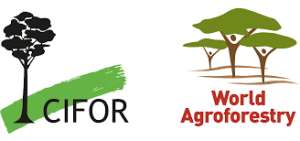


Related resources
Project website: www.agrofor.info
Other resources:
- Presentación de PowerPoint (agrofor.info)
- AGROFOR brochure in English
- AGROFOR Infographic
- ICRAF and Agroforestry Concessions | World Agroforestry | Transforming Lives and Landscapes with Trees
Location
We coordinate our activities with national forest authorities from Lima (Peru) and carry out field pilots with farmers and regional governments in the regions of San Martin, Loreto, and Amazonas. These regions have significant potential for favorable outcomes due to the number of beneficiaries and potential avoided deforestation, and the heterogeneous/contrasting smallholder contexts that will allow the consortium to cover the variation across main farmer groups and agroecological and geographic contexts. These regions are therefore suitable for generating the knowledge and evidence for national level roadmaps, targeting heterogeneous farmer groups and the range of livelihoods’ transition challenges.
Key contacts
- Valentina Robiglio, coordination of CIFOR ICRAF component
- Mey Lin Chiang, Communications
- Maria Valladares, Project Officer
Added value to the Agroecology TPP
The AgroFor project has been generating evidence on the implementation of sustainable land management practices and small-scale forestry, based on the principles of agroecology, adjusted to the biophysical, social and economic characteristics of small producers in the Amazon, and within the framework of the CA mechanism. With this, AgroFor provides evidence from case studies based on agroecological principles for policy and cooperation initiatives.
AgroFor seeks to generate an articulated and collaborative two-way dynamic with the Agroecology PPT, providing cases and lessons learned from the project, generating joint advocacy in global spaces, and participating in the community of practice of this with solid evidence.

